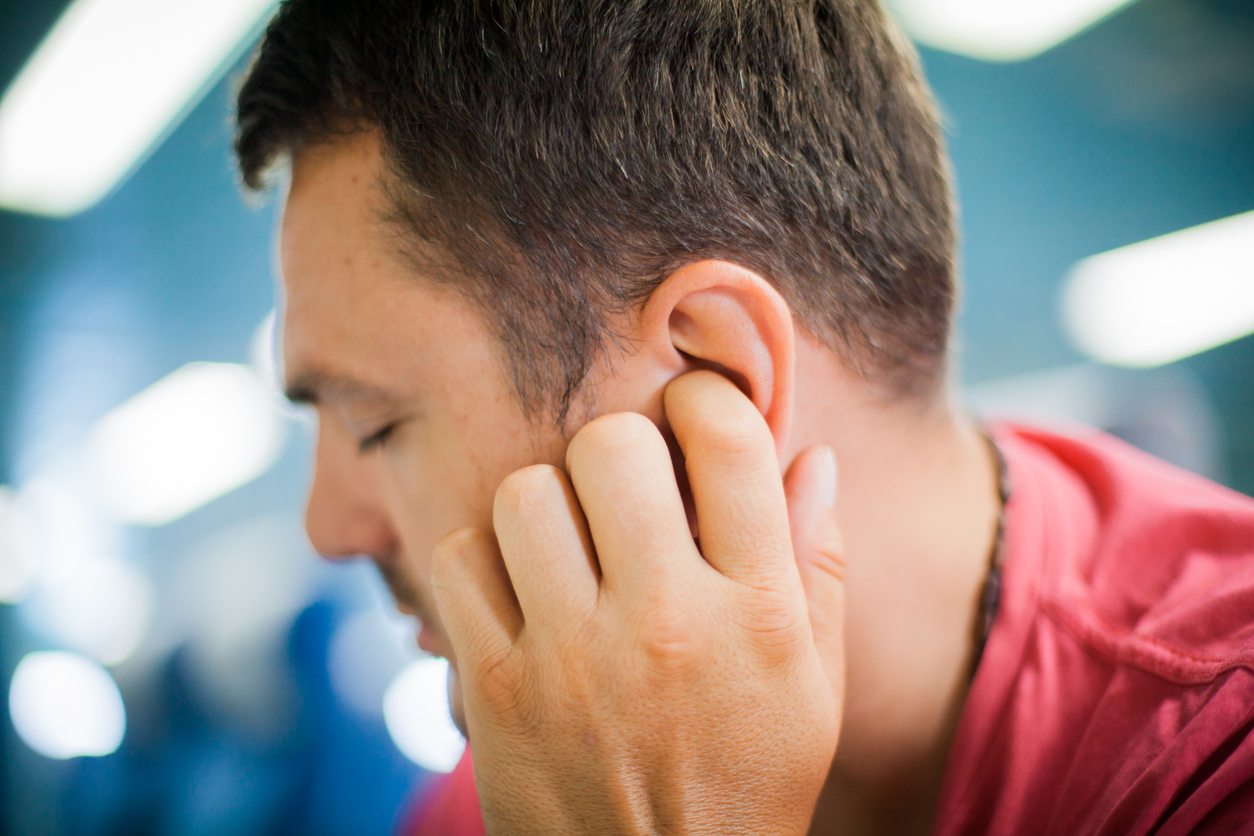Hearing loss and other ear complications are very common among millions of people, especially older adults. Though aging or damage to the eardrum is among the most common causes, another reason for your hearing loss or other ear issues may be a temporomandibular joint disorder, especially if you are at a younger age.
Temporomandibular joint disorders, better known simply as TMJ after the temporomandibular joint is involved, can affect anyone and are often caused by teeth clenching and grinding, injury to the areas, arthritis, or stress. This joint connects your jaw to your skull and allows your jaw to move freely. It is also surrounded by an important system of muscles, bones, and ligaments that help you open and close your mouth.
How Does TMJ Affect the Ears?
Since the TMJ is located next to your auditory canal, swelling or inflammation of the TMJ can cause problems for the ears and surrounding parts of your body. The TMJ inflammation can cause blocked Eustachian tubes, pain, tinnitus or ringing in the ears, and hearing loss. You may not realize that your ear issues are, in fact, related to your jaw, so be on the lookout for other signs of TMJ and visit a TMJ specialist to be diagnosed.
Symptoms of TMJ Hearing Loss
If you are experiencing ear complications caused by TMJ, some of your symptoms may be:
- Muffled or decreased hearing
- Tinnitus or ringing in the ears
- The feeling of fullness in the ear
- Clicking or popping sounds
- Ear pain
Other symptoms that signal TMJ include jaw pain, headaches, difficulty moving your jaw, and neck or shoulder stiffness. If you are experiencing any of these symptoms, be sure to visit a TMJ specialist to provide you with proper treatment to avoid further damaging the joint.
TMJ Treatment in Suffolk County, NY
Dr. Scott Simonetti, a TMJ disorder specialist, is here to help diagnose and put an end to your pain and discomfort caused by a TMJ disorder. Visit our website or give us a call at (631) 277-4848 to learn more about our POD® night guard treatment and how we can help you.

